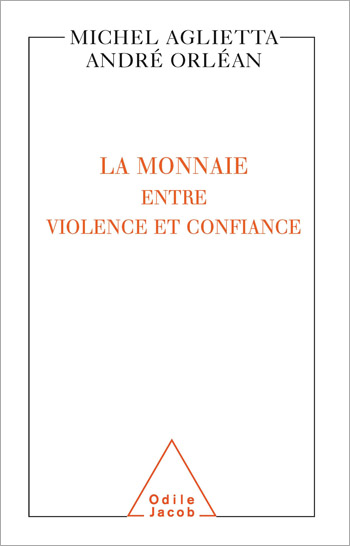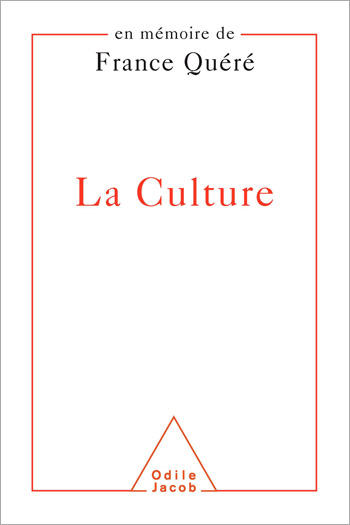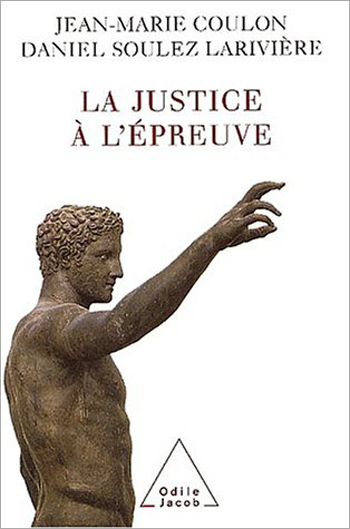Human Sciences All books

Philippe Trouchaud
Cybersecurity
All specialists agree that hacking incidents are only increasing. This book proposes ways to learn how to protect oneself while acknowledging that zero risk no longer exists.
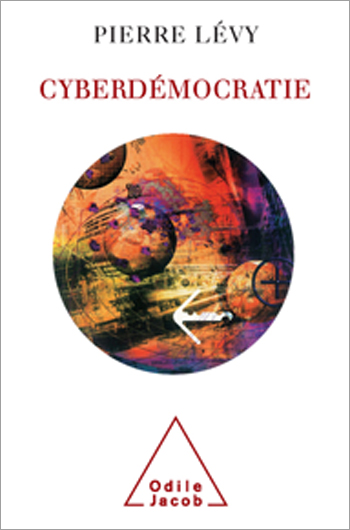
Pierre Lévy
Cyberdemocracy
This book offers a synthesis of the various ways in which the advent of the Internet has transformed daily life in democratic societies, both on a regional and international level," writes Pierre Lévy. This ambitious and down-to-earth analysis is well served by Pierre Lévys style and prophetic vision. He has taken into account the latest and most innovative developments, as well as the political changes brought about by the new information society. Pierre Lévy, a philosopher, teaches at the University of Quebec, in Trois Rivières. He is the author of Cyberculture and World Philosophy.
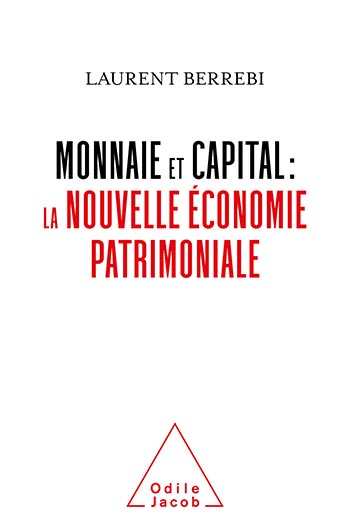
Laurent Berrebi
Currency and Capital The New Patrimonial Economy
A very ambitious book: it proposes nothing short of a new theoretical economic model, going beyond both classic economics and the Keynesian model.
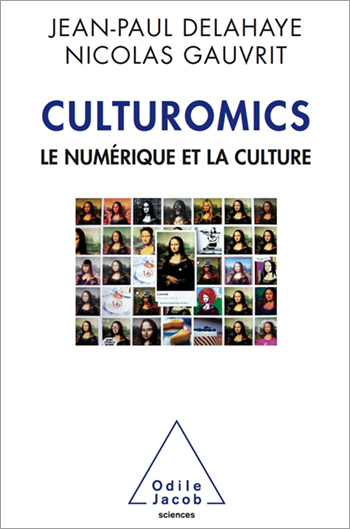
Jean-Paul Delahaye, Nicolas Gauvrit
Culturetech: Digital Culture
The development of electronic databases (and of Internet search engines to explore them) has given rise to such new behaviours as egosurfing...
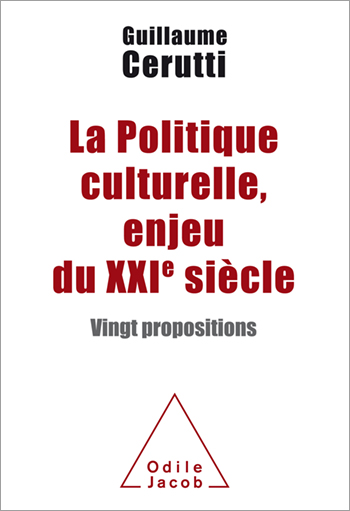
Guillaume Cerutti
The Cultural Policy : A 21st Century Challenge Twenty Proposals
Though our certainties may waver as we move toward an uncertain economic and social future, culture remains for France an exceptional asset and a critical issue, both at home and internationally.
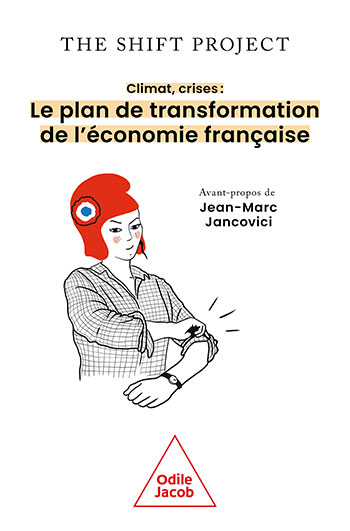
The Shift Project
Crisis, Climate How to Transform the French Economy
The Shift Project, a think tank created by Jean-Marc Jancovici in 2010, aims to clarify and influence the debate on energy transition.
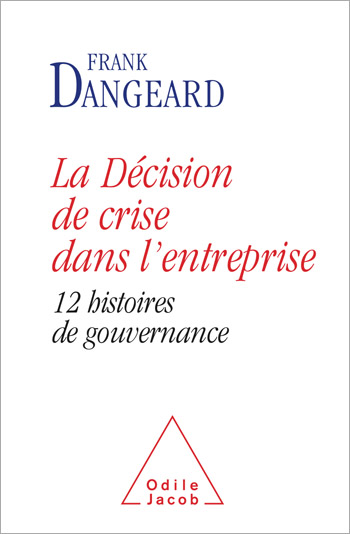
Frank Dangeard
Crisis Decision-Making in Businesses 12 Tales of Governance
Based on his extensive experience as a manager and administrator, and illustrated with numerous examples from recent business history...
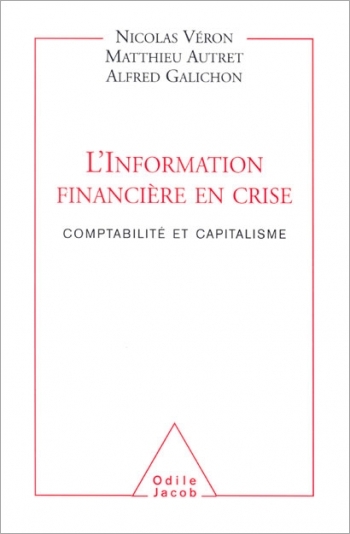
Nicolas Véron, Matthieu Autret, Alfred Galichon
Crise in Financial Information Accounting and Capitalism
Enron, Andersen, Worldcom: although these companies have stopped dominating the headlines, the shock waves they sent through the business community in 2002 have not yet subsided. The belief that accounting is an exact science has been shattered, while economic relations are upset by the knowledge that financial information may be untrustworthy. Yet the market economy profoundly requires relevant and reliable information about the activity and financial situation of businesses. Taking into account the increasing strength of capital markets and international investors, the authors outline the basic elements that could constitute a new, balanced system of accounting that would accompany the necessary changes in capitalism, particularly in France and the rest of Europe. Nicolas Véron, an engineer and high-ranking civil servant, is the founder of Etudes et Conseil pour l'Information Financière (ECIF). Matthieu Autret is an expert currently working for the European Commission. Alfred Galichon is a doctoral candidate in economics at Harvard University.
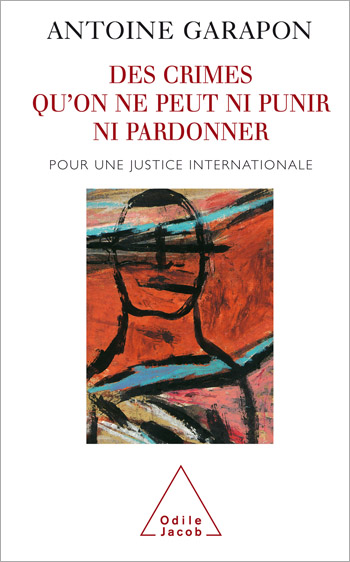
Antoine Garapon
Crimes Which Can Neither be Punished Nor Forgiven Towards an International Justice
The creation of a system of international criminal justice was one of the greatest political upheavals of recent decades. The fact that international criminal law has been allowed to question national sovereignty is a revolution in itself. The detractors of international justice contend that it is simply the justice of the victors. Could they be right? Have law and ethics been muddled? Have the trials conducted in its name helped heal the victims? Can justice prevent civil war? A former magistrate, Antoine Garapon heads the Institut des hautes études sur la justice.
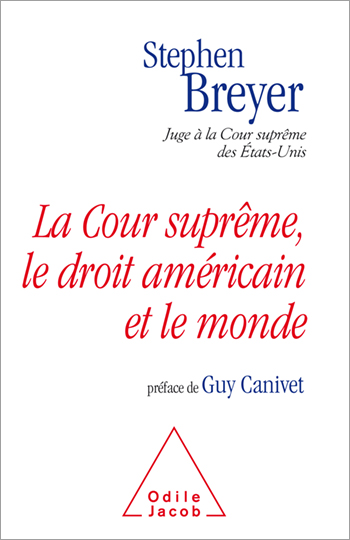
Stephen Breyer
The Court and the World American Law and the New Global Realities
n this original, far-reaching, and timely book, Justice Stephen Breyer examines the work of the Supreme Court of the United States in an increasingly interconnected world, a world in which all sorts of activity, both public and private—from the conduct of national security policy to the conduct of international trade—obliges the Court to understand and consider circumstances beyond America’s borders.

